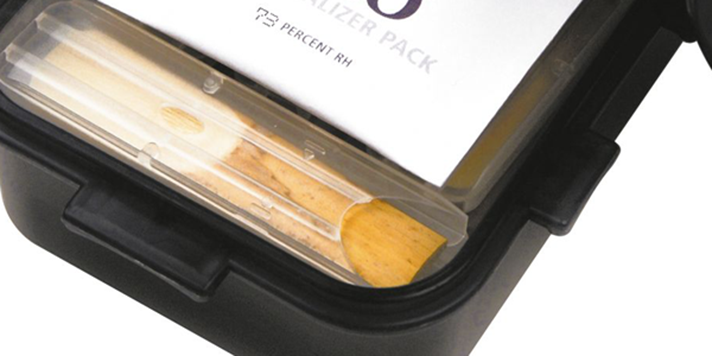This past year I made a commitment to practicing for an average of 60 minutes a day. As of today, I’m six months into the project and I have yet to miss a day (knock on wood). I’ve learned a few things about practicing along the way and I wanted to share them with you.
Please keep in mind that these next few tips are from my personal experience and so they may be different for you.
1. Practicing when I’m tired is counterproductive. When I’m tired, I have trouble focusing and something that requires a lot of focus (such as practicing) is counterproductive. The few times I’ve practiced while exhausted might have actually hurt my playing more than they made way for any improvement. Best case, during that time I’m just playing for the sake of playing. The same thing went for when I was sick. In both cases, in my experience, it might be better not to practice at all and take a break to recover. When I was either sick or tired, I started to develop bad habits (not playing with the greatest time nor am I paying attention to little mistakes such as bad finger movement). As much as I’d like to suggest “fighting through the fatigue”, I honestly don’t think it’s beneficial to your playing in any way.
2. Transcribing seems to be the most productive way to practice. Practicing etudes and scales may help with technique, so I’m not saying to forgo it entirely, but playing along to recordings helps you develop your vocabulary. You can compare it to learning a language. We first learn to speak by emulating what we hear, so why not approach music the same way? In language learning, grammar and literature analysis come later, so I would suggest that etudes and exercises fall behind transcription in priority.
3. Clean your instrument! Especially if you’re sick. I had the flu during this project (you can watch one of podcasts with my sick voice on Teen Jazz Radio) and I made sure to soak my mouthpieces and reeds in mouthwash to keep the germs from spreading. I even threw out the reed I was using during that time just to be safe. I usually give my mouthpieces a thorough wash every few weeks, but I did it everyday while I was ill. Plus, cleaning and taking care of your instrument keeps it in better playing condition too!
4. Focus and handwork really pay off. I mean they really pay off. I spent the last two weeks learning and memorizing hours of music for a performance. I was worried that I wasn’t going to be able to do it, but I did. I also learned a few new skills that I had been avoiding because the concepts behind them intimidated me. By working out a system to “tackle” learning new repertoire and working out different aspects of my playing, I was able to accomplish them. Even after just a week of practice there was a notable difference because I was focused on improving those skills during that time. One of the quickest ways to lose motivation is not seeing improvement. That doesn’t mean that there isn’t any, sometimes it’s just to small to notice (like when you lose or gain weight, you don’t notice as it’s happening but when you step on a scale and there’s a change, you notice). By doing a little bit every day small but important differences began to show up in your playing, and even if you don’t notice, other people will. For this reason I highly encourage recording yourself. That way you can always listen back and see how much your playing has improved.
5. It’s easier to do what you love when you’re confident doing it. The more I’ve practiced, the more confident I’ve become in my playing. It’s a lot easier to work up the courage to do and play what I love with that confidence. I’m now more comfortable playing in situations where I might not have been six months ago, I look forward to the opportunity to try new stuff out during performances, and I just want to play all the time.
6. It’s easier to practice when your instrument is “on hand.” I now carry my sax around with me everywhere I go. I fit practice breaks in when I can and I even sometimes practice in my car when I don’t have any other option. Bringing my sax around with me also makes me feel obligated to practice. It would be a pain to tote it around for no reason at all! On the weekends I also leave my sax out so that I can just pick it and play whenever I feel inspired to do so. For the longest time the hardest part about practicing for me was getting my horn out of the case (don’t ask me why).
7. Habits are harder break. Once I got into the habit of practicing everyday, feeling like I would miss it made me as uncomfortable as forgetting to do something like brush my teeth.
8. Practicing, playing and performing are completely different things. So make sure you’re actually practicing. That means you’re taking things you have trouble doing or that you can’t do at all and working them out.
Interested in getting more tips? Check out our popular FREE eBook – Advice for Young Musicians: From Established Music Professionals.
This post is an adapted version of an entry I published on my blog earlier this year.
[template id=”182″]
